Nature of meaning has historically been planted in the field of philosophy, with good reason: up until couple decades ago, science limped behind philosophy in understanding matters of the mind. It wasn’t until advances in neuroimaging technology reached the functional stage, allowing for visually arresting images of our brains while we think and do and idle, that we started harvesting scientific evidence for some of the most complex theories about the way our brain works, about the how we come to perceive the world, acquire knowledge, and communicate with one another. Hayden Kee, a PhD candidate at Fordham University, wonders: can we turn to the science of language to help us get to a theory of meaning?
YHouse Blog: Awareness Research, the Nature of Cognition and the Future of Intelligence
By YHouse
Lucid Living: Theory and Experiment in Science and Philosophy
By Piet Hut
Viewing entries tagged
Consciousness Club
“Blessed are the forgetful: for they get the better even of their blunders”—Friedrich Nietzsche wrote in his philosophical work, Beyond Good and Evil. Nietzsche gave an aphorism, but not the method by which you and I might be bestowed such blessings. How exactly, then, do we forget blunders, trauma, and stress? How do we forget the memories that wrest from us our sense of well-being and happiness; the memories which pool as an unfortunate wellspring of such mental conditions like Posttraumatic Stress Disorder (PTSD)?



